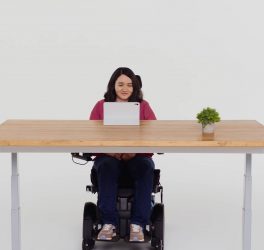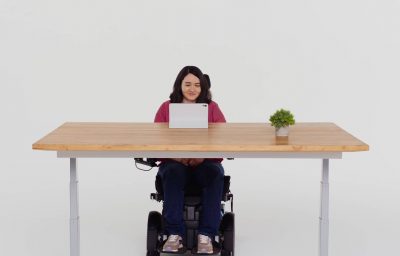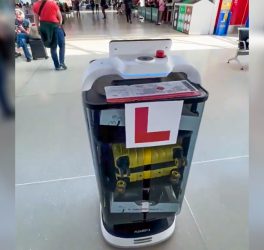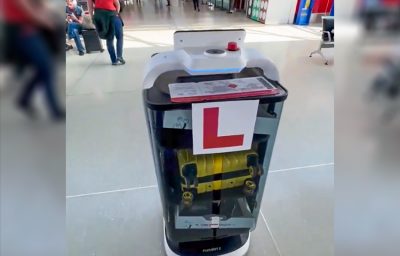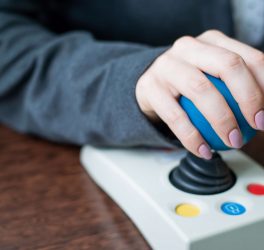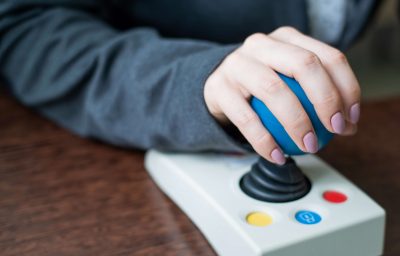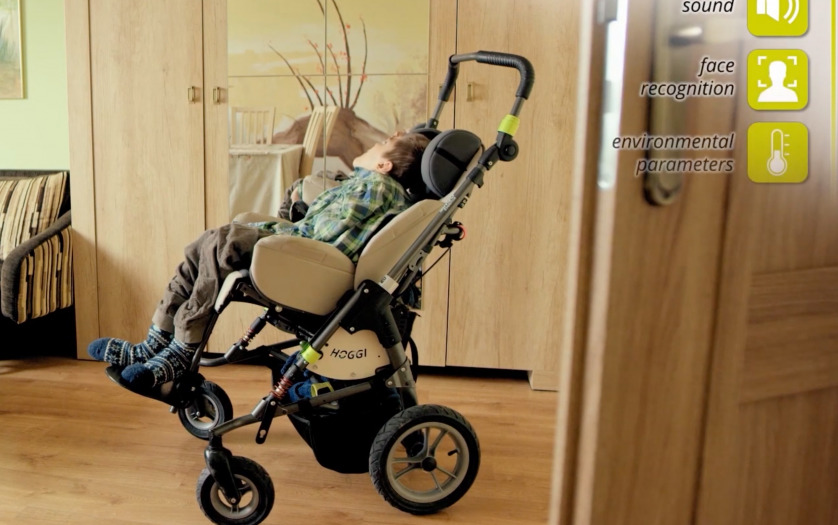
A unique innovation project that aims at transforming the lives of people with profound intellectual and multiple disabilities is being developed by scientists in Poland.
Called “Insension” this European Research Project could be life-changing for some, Euronews reports.
Using and advancing technologies, like artificial intelligence and the internet of things, it provides them with a new way of communicating what they need.
For Justyna Tomczak, caring for her 8-year-old son Jeremi can be challenging. He has multiple learning disabilities.
“It is more tiring than doing something, for me. To feed him, to change his clothes or whatever. But be all the time like, how are you, what about your head, do you need anything?” says Tomczak. This new technology could provide Justyna with the extra support she needs whilst giving Jeremi more autonomy too. It involves participants with disabilities, including Jeremi, being filmed at their kindergarten in Poznan, where the technology is being tested.
The video footage and audio data gathered creates a database for the artificial intelligence to build on. “The camera looks at the person with a disability then this Artificial Intelligence component, this software component can identify this person,” says Michal Kosiedowski, Insension co-ordinator and ICT researcher. The system logs what it understands to be significant gestures and what they mean.

